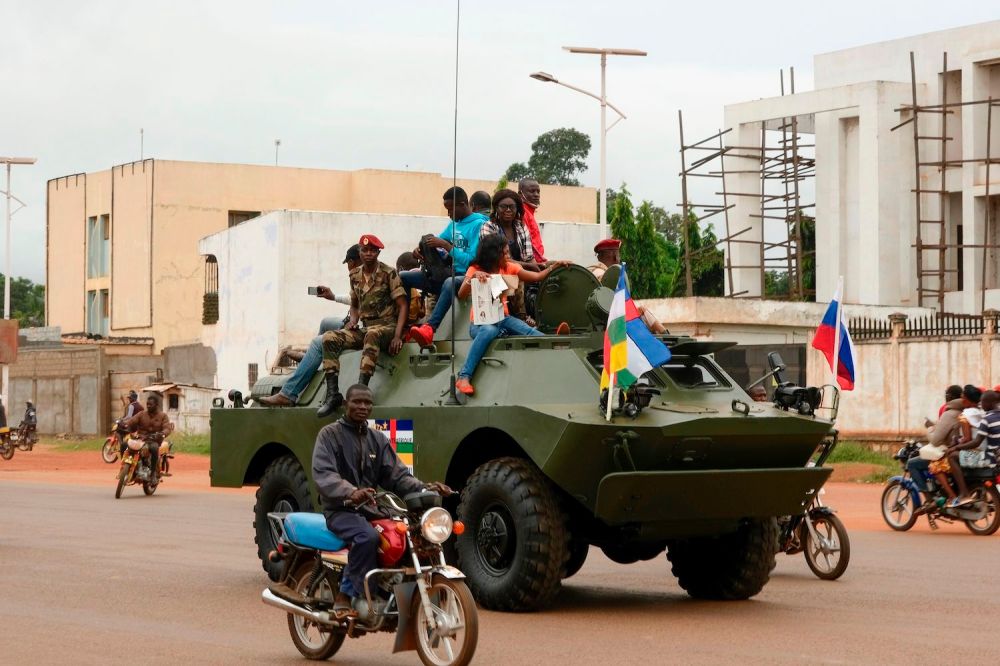Turns out that despite all the both sidesing of the Avoz Battalion (et al.) with this allegedly equally fascist "Wagner Group", it was only ever one guy with connections to mercenaries with no common organizational (let alone ideological) structure.
To clarify, "Wagner" is a catch-all term to refer to all of the members of an informal network of Russian mercenary groups, named after the nickname of one neo-Nazi commander who was active in Ukraine in 2014. He hasn't been seen since 2016, there's no evidence that he founded the entire mercenary network, and there's no evidence that the entire network is ideologically fascist. His name was slapped onto the umbrella term as a way of implying that the network is a singular neo-Nazi paramilitary under his leadership, which is deceptive. Contrast with the fascist credentials of Azov (et al.), which are overwhelming. The purpose of making the comparison between them is to minimize the threat, the role in the war, and the crimes of Azov (et al.), as well as the role the US/NATO plays in supporting them and international fascism more generally. And of course this is all in service of fanning the flames of bloodthirsty Amerikkkan imperialism.
Obviously these mercenaries are still bad, etc. etc., but I figured that was obvious.


I think a more useful analysis would compare the scale of operations. Whether the "Wagner group" is centralized as an org or uses multiple names and fronts has some meaning, but the biggest picture requires knowing the scale at which it coordinates real fascist operations and recruitment. I would personally expect it to be less than groups like Azov et al, which enjoy explicit government backing and long-term engagements on front lines and recruitment, but I can't tell you this for certain.